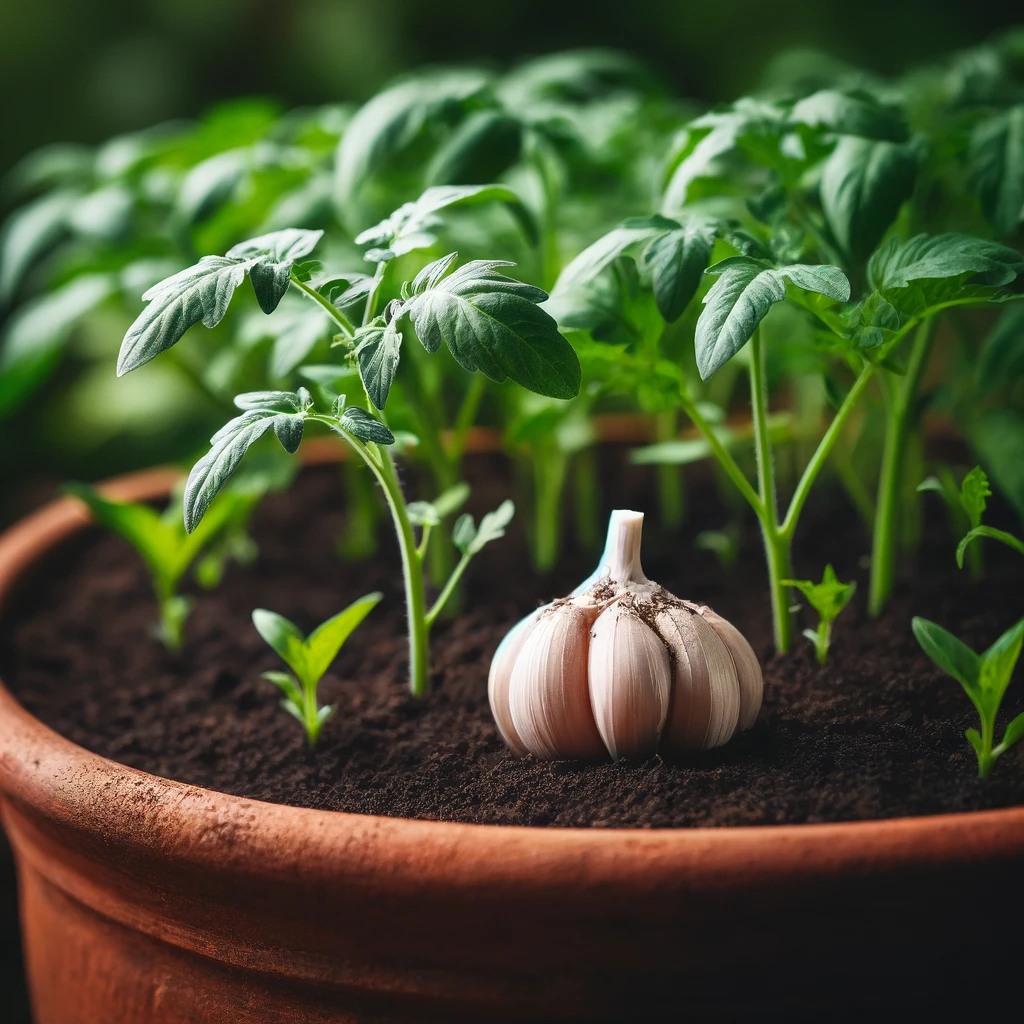
The concealed power of a garlic clove in gardening: a secret known to few
A single clove of garlic can transform the taste of any dish, but its utility extends far beyond the kitchen. It serves as a potent health aid and a formidable weapon against pests like lice and aphids that threaten plants.
During the summer, when plants flourish, they demand constant attention and care. However, as temperatures drop in autumn and winter, they become vulnerable to insect infestations. Here, a simple clove of garlic emerges as a savior, capable of both prevention and remedy for minor pest invasions.
Before resorting to harmful pesticides, consider employing garlic-based therapy, which may prove to be remarkably effective. The strong odor of garlic, emanating from compounds like allicin, repels not only insects but also animals and humans alike.
Aphids, in their various hues, detest the smell of garlic. This natural deterrent, derived from the sulfur compound in garlic, aids plants in resisting aphids and red spider mites, which often cause leaf discoloration.
To utilize garlic as a pesticide, place a clove between the plant stem and the pot rim. Replace it monthly to maintain its potency. However, take care not to water the bulbs, as this could lead to unintended garlic plant growth.
For plants already infested with pests, a garlic-based solution can be concocted. Boil peeled garlic cloves in water, then filter and cool the liquid before spraying it on the affected plants. Regular application over several days should help rid the plants of parasites.
The treatment method varies for aromatic and vegetable plants. For the former, infuse chopped garlic cloves in cold water, strain the solution, and apply it regularly. Repeat these treatments until the pests retreat, storing any excess solution for future use.
Garlic’s benefits extend beyond plant care; it offers relief for human ailments as well. Applied topically, it can alleviate pain from calluses, warts, and chilblains, while also serving as a disinfectant for wounds due to its anti-inflammatory and antibacterial properties.
In conclusion, the humble garlic clove harbors numerous virtues, providing both natural pest control for plants and therapeutic relief for humans, making it a versatile and invaluable resource in gardening and healthcare alike.
Share Article: